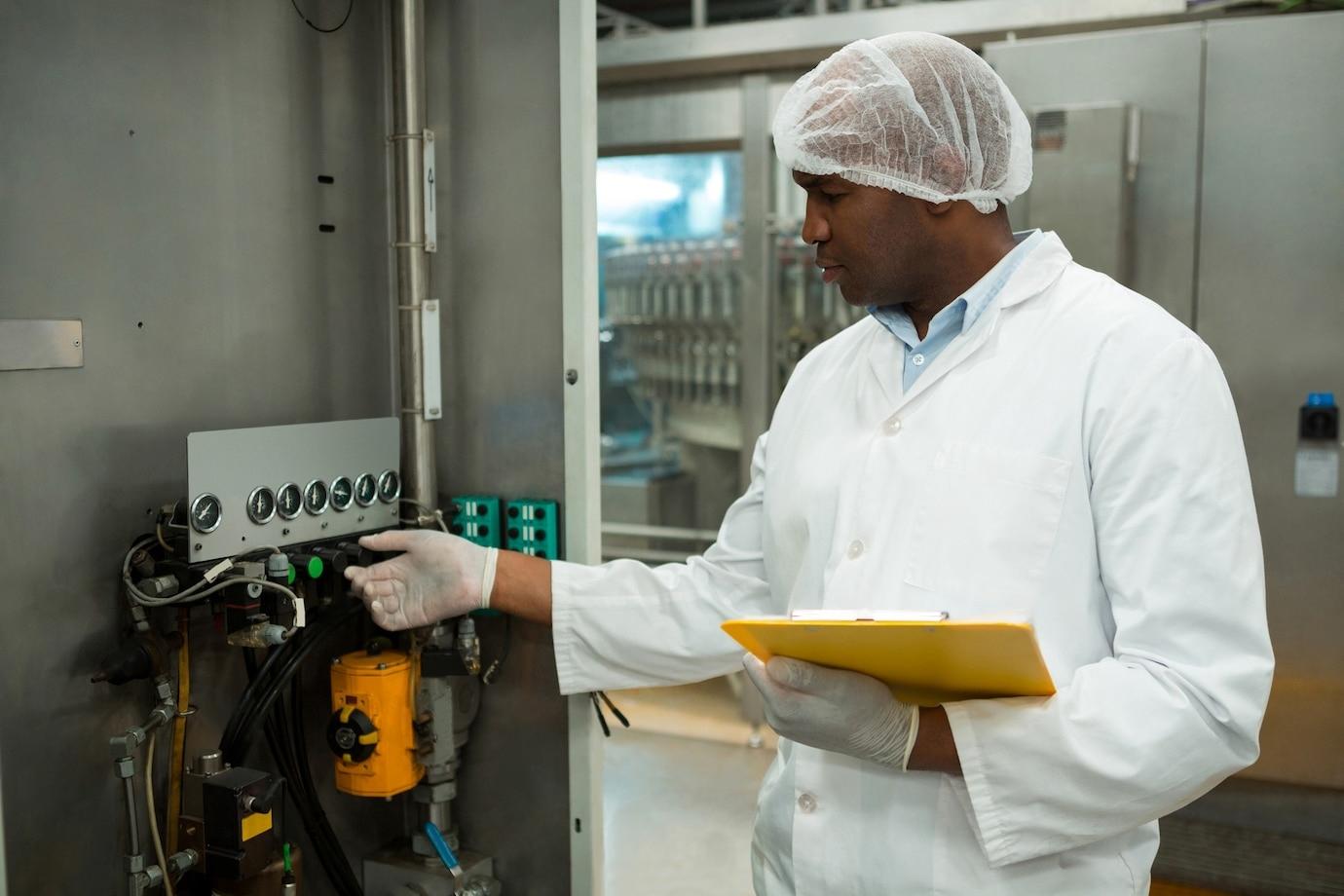
In the bustling environment of commercial kitchens, where precision and efficiency are paramount, one aspect often overlooked yet crucial for maintaining food quality is temperature control. The temperature at which food is stored, prepared, and cooked plays a significant role in its taste, texture, safety, and overall quality. In this blog, we delve into the importance of temperature control in commercial kitchens, exploring its impact on food quality and its vital role in ensuring customer satisfaction.
Commercial kitchens are dynamic spaces where food is handled, prepared, and served on a large scale. From bustling restaurants to institutional cafeterias, maintaining optimal temperature conditions is essential for preserving food freshness, flavor, and safety. Effective temperature control encompasses various aspects, including refrigeration, cooking temperatures, holding temperatures, and ambient conditions within the kitchen environment. Ambient conditions refer to the temperature and humidity of the air in the kitchen, which can affect the rate at which food spoils or cooks.
One of the most pressing issues in commercial kitchen maintenance is the risk of foodborne illnesses. Improper temperature control can lead to bacterial growth, food spoilage, and the potential for these illnesses. Bacteria thrive in temperatures between 40°F (4°C) and 140°F (60°C), known as the ‘danger zone.’ Therefore, refrigeration units must maintain temperatures below 40°F (4°C) to inhibit bacterial growth in perishable foods.
Similarly, meats, poultry, and seafood must reach specific internal temperatures to destroy harmful pathogens during cooking. The U.S. Food and Drug Administration (FDA) recommends cooking poultry to an internal temperature of 165°F (74°C) and ground meats to 160°F (71°C) to ensure safety. Failure to adhere to these temperature guidelines can pose significant health risks to consumers, resulting in foodborne illnesses and tarnishing the establishment’s reputation. In extreme cases, it can even lead to legal consequences, such as fines or closure of the establishment.
Beyond safety concerns, temperature control also significantly impacts food quality. Improper storage temperatures can accelerate food spoilage, leading to texture, flavour, and nutritional content changes. For instance, fruits and vegetables stored at temperatures too low or too high can lose their crispness and become limp or mushy. Food spoilage not only affects the taste and texture of the food but also leads to financial losses for the business. Moreover, it can damage the reputation of the establishment if customers are served spoiled food.
Furthermore, fluctuations in cooking temperatures can significantly impact the texture and flavour of cooked dishes. Overcooked proteins may become dry and challenging, while undercooked items pose health risks. Maintaining precise cooking temperatures ensures food is cooked evenly, retaining moisture and tenderness for a superior dining experience.
In the competitive landscape of the food service industry, commercial kitchen services must prioritize quality to attract and retain customers. Temperature control is pivotal in delivering consistently delicious and safe food, enhancing customer satisfaction and fostering repeat business. When customers know they can rely on your establishment for safe and high-quality food, they are more likely to return and recommend your business to others.
Customers expect their meals to be flavorful and safe to consume. A single instance of foodborne illness can irreparably damage the reputation of a restaurant or food service establishment. Therefore, investing in reliable refrigeration equipment, thermometers, and temperature monitoring systems is essential for commercial kitchen maintenance and upholding food safety standards.
Regulatory agencies such as the FDA and the Food Standards Agency (FSA) establish strict guidelines regarding temperature control in commercial kitchens to safeguard public health. Food service operators must adhere to these regulations to maintain their licenses and certifications. Temperature control is a key aspect of these regulations, as it directly impacts food safety. Failure to comply with temperature requirements can result in fines, legal penalties, or even closure of the establishment.
Health inspectors regularly evaluate commercial kitchen practices, including temperature monitoring and food storage procedures. Establishments with a history of violations or poor temperature control practices may face increased scrutiny, further underscoring the importance of maintaining optimal temperatures at all times.
To ensure the highest standards of food quality and safety, commercial kitchens should implement the following best practices for temperature control:
Temperature control is critical to commercial kitchen operations, significantly influencing food safety, quality, and customer satisfaction. By maintaining precise temperature conditions throughout food handling, preparation, and storage processes, commercial kitchens can uphold the highest standards of excellence and ensure the well-being of their patrons. Proper equipment, training, and monitoring systems are essential for commercial kitchen maintenance and regulatory compliance. Ultimately, prioritizing temperature control contributes to the success and longevity of food service establishments, fostering a positive reputation and loyal customer base.
[…] Game and Bubble Tea Bar provides an enjoyable, relaxing experience within the theme park community, serving various gaming consoles, arcade machines, and unique […]


WhatsApp us